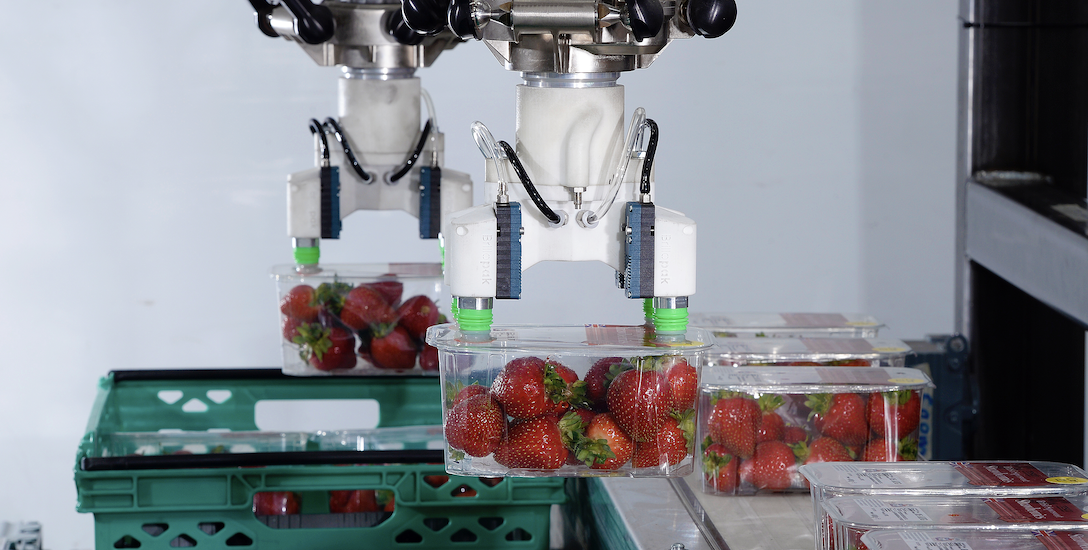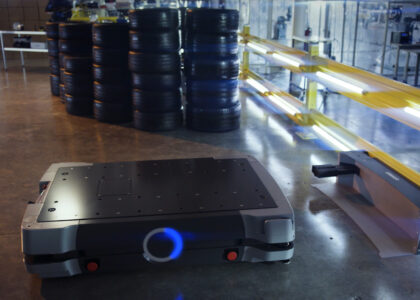The food and beverage industry in sub-Saharan Africa (SSA) has shown significant economic growth in the past couple of years, with several countries in this region among the world’s fastest-growing economies, for example, the economy of Rwanda, which is expected to grow by 6.1% in 2023. SSA is a diverse region with varying economic conditions, levels of development and preferences, which all impact the dynamics of the food and beverage markets within this region.
Africa’s food industry is predicted to reach a value of one trillion US dollars by 2030, driven by a large and rapidly growing population and expanding middle class, and as the population grows, the demand for food and beverages is expected to increase further. Interestingly, the e-commerce sector of the industry is also witnessing substantial growth, with a turnover of approximately $1.3 billion in 2021 and an expected average sales growth of 18.19% from 2021 to 2025, according to the statistics of the World Bank.
The food and beverage market in Sub-Saharan Africa (SSA) is currently facing numerous challenges, making it a complex environment for businesses. The COVID-19 pandemic has had a profound impact on the industry, disrupting supply chains, and reducing consumer demand due to financial pressure which resulted in significant financial losses. Adapting to the “new normal” after the pandemic, including changes in consumer behaviour, supply chain disruptions, and health and safety protocols, is essential to navigate the challenges faced effectively.
The rising input costs, including raw materials, packaging, energy, and labour, are squeezing profit margins for companies operating in the region. Fluctuating exchange rates of the local currencies against major currencies is negatively affecting import and export costs, and thereby influencing pricing and supply dynamics. The food and beverage market in SSA is highly competitive, with numerous local and international players competing for the same market share in the respective countries. Regulatory challenges, especially the strict regulations in the South African food and beverage sector, entail compliance costs and time-consuming processes for manufacturers. The industry is also witnessing a shift in consumer preferences, with a growing demand for healthier food options as consumers become increasingly more health-conscious and educated about better food choices. Navigating these obstacles requires innovative strategies and adaptability to succeed in the dynamic food and beverage landscape in SSA.
All is not lost. African food imports are projected to exceed $110 billion per year by 2025 and this upward trend is becoming less sustainable. That is why enhancing local production capacity is viewed as a crucial factor in driving economic growth, especially as the continent experiences a population boom as previously mentioned and rapid urbanization. The emergence of an urban middle-class consumer base in Africa presents significant opportunities, with McKinsey reporting a potential growth of $645 billion in consumer spending between 2015 and 2025, including $167 billion in the food and beverage sector alone.
Sub-Saharan African countries are pursuing strategies to decrease their reliance on food imports and promote local manufacturing, leading to rising demand for food and beverage processing machinery and equipment across the region. After the pandemic, limited international flights and air cargo capacity boosted the region’s drive to increase local manufacturing capabilities. The shift towards self-reliance in food production highlights the potential for growth in the food and beverage processing industry in Africa, as governments and businesses seek to strengthen domestic supply chains and ensure food security.
As a world leader in automation, Omron will play a large role in driving the growth and development of the food and beverage sector in Sub-Saharan Africa. By providing cutting-edge automation solutions, Omron can assist local businesses in enhancing their production capabilities, improving operational efficiency, and ensuring consistent product quality. With rising consumer demands and the need for increased food production to cater to a growing population, Omron’s expertise in robotics, data analytics, and smart manufacturing can enable businesses to meet the challenges they face effectively. And by optimizing supply chain processes, implementing traceability systems, and ensuring compliance with regulations, Omron can empower manufacturers to navigate regulatory complexities and gain a competitive edge in the global market.
Through collaborations with local partners and investment in training and support, Omron can facilitate the adoption of automation technologies in the region, thereby contributing to the sustainable growth and prosperity of the Food and Beverage Sector in Sub-Saharan Africa.
Written by Heleen Tshibumbu for Omron Industrial Automation






